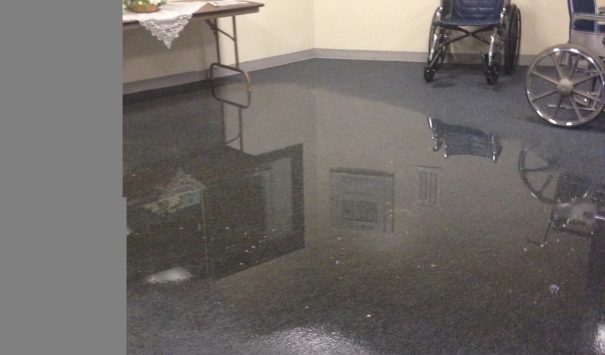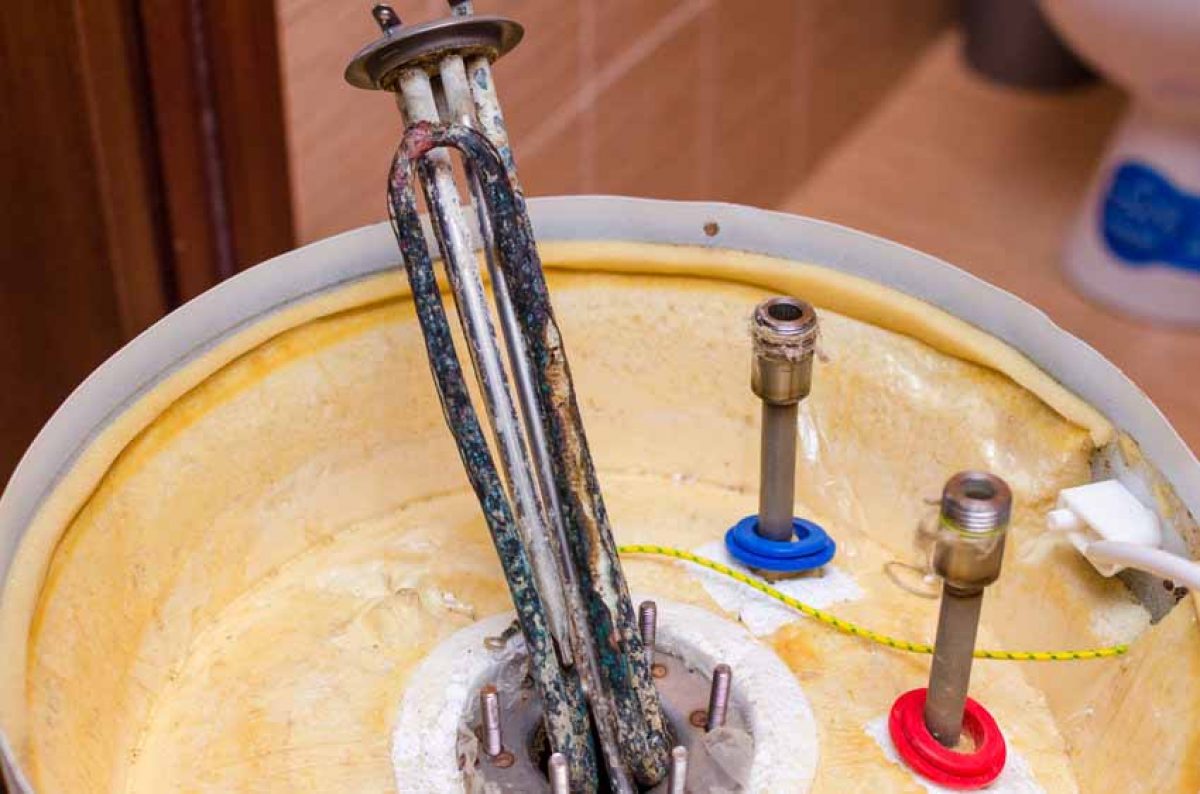Essential Protocols for House Owners Facing Problems with Malfunctioning Hot Water Systems
Essential Protocols for House Owners Facing Problems with Malfunctioning Hot Water Systems
Blog Article
What're your ideas with regards to Broken Water Heaters?

Whether it lies in the cellar or a different room, damaged water heaters can trigger stress and anxiety. A standard unit holds 80 gallons, so an overnight leak will lead to a flood. This results in significant property damages with drenched walls as well as floorings. Besides, having no warm water supply is additionally frustrating. If you are dealing with these issues, take note of the following:
Shut Down Power Source
Prior to calling the plumber, shut off a gas water heater by turning the temperature dial. This will certainly protect against electrocution, specifically if there is a leakage as water is a conductor. Generally, the heating element shuts off when the water hits a particular temperature.
Cut Off the Cold Water Supply
Cut off the tanks touch water supply from the source. When your storage tank is in excellent condition, the chilly water quits filling up when the storage tank is complete. If you can not locate it or reach it, you should transform off that major water supply line outside your residential or commercial property.
Call the Plumber
After doing the first 2 safety and security steps, you must call your plumber to come right away to deal with a fractured water heating unit. There are usually indicators that your aging water heating unit has sediment accumulation in the interior.
Do not wait for significant flooding to call the plumber. Already, you will have to invest even more to restore your building. Instead, as soon as you identify these indicators, have actually a professional concerned check your hot water heater give thanks to. Typically, water heaters have a lifespan of about 8 to 12 years. With regular evaluation as well as upkeep, you can lengthen its life.
Clean Up Home
After calling the plumber, file damage by keeping in mind and images so you can assert your house owner's insurance coverage. From there, start the prompt clean-up. Get any vital items to avoid further saturating. Then, get rid of any type of standing water to stop mold and also mildew development. If you have a completely submersible water pump, make use of that to drain pipes the water. Or else, the conventional container approach will certainly also work. Try to mop out everything, including baseboards and wall surfaces. If you have an electrical follower as well as dehumidifier, keep them running to maintain air flowing. This will certainly aid prevent mold growth.
Bear in mind, if you observe any concerns with your hot water heater, call the pros today. You can not take this issue lightly due to the fact that a malfunctioning thermostat can raise water temperature to a precariously high degree, leading to unexpected burns. A damaged heating unit pressure relief valve can additionally create an explosion. For finest results, get an annual check so your system obtains checked, cleaned, drained, and also filled up, ensuring optimal efficiency.
Whether it is situated in the cellar or a different space, damaged water heating systems can create stress and anxiety. Prior to calling the plumber, closed off a gas water heating system by transforming the temperature dial. After doing the very first two safety steps, you have to call your plumber to come right away to deal with a fractured water heating unit. If you have a submersible water pump, use that to drain pipes the water. Bear in mind, if you observe any type of issues with your water heating system, call the pros right away.
Is My Water Heater Broken?
The Water Heater is Old
No appliance will last forever. This includes a home’s water heater. During its lifespan, residents are going to face a situation where a new water heater installation will be necessary. The biggest problem with this is that most people are not sure when their water heater expires. Not knowing this can lead to serious risks if the unit begins to act up due to old age.
Most makes and models of water heaters will last between eight and 10 years. While 10 years is the age when water heater replacement is highly recommended, the need to replace the unit may occur before this time or after. If the unit doesn’t show any symptoms of a problem, it is a good idea to replace it at the 10-year mark (from the manufacture date).
Some of the symptoms that indicate a new unit is needed include rusting, leaks, noises, and a failure to heat up the water. Also, note that not all units have a 10-year life expectancy. The main exception to this rule is that a gas unit will last for six to eight years.
Rusty Heater Inlet Valve or Water
While steel is the strongest material on earth, it does have a weakness – rust. If corrosion occurs on a steel surface, it will begin to spread and eat through the steel in certain areas. On water tanks and pipes that are made of steel, rust is a warning sign of an impending leak.
The issue for many is trying to figure out if the rust is coming from the water heater or the pipes that lead to the faucet. If rust is seen, it is a clear indication that water heater service from the professionals is needed.
If rusty water appears out of the faucets in the bathtub or sink, it likely means a rusty water heater. If there is rust near the water inlet or the pressure relief valve, rust has likely developed inside the tank. If tap water appears rusty, it may be an issue with the pipes.
Strange Sounds from the Water Heater
Are there strange sounds coming from the tank? As a water heater gets older, rumbling noises may develop and get louder and louder as the water in the tank heats up. In homes where large amounts of hot water are used, the issue is likely going to be even more obvious when more serious issues arise. If there is a strange or loud noise coming from the unit, it is probably because of sediment buildup. A good way to remedy this problem is by flushing the heater. If this does not work, then a new unit may need to be installed.
Leaks
As a water heater gets closer to the end of its useful life, there is a higher chance there will be water around the tank. If there is water, this usually means leaks are occurring. Based on where the unit is located in the home, a leak may result in serious property damage.
Leaks are usually caused by expansions in the metal tank. The expansions occur as time passes and as the inside body of the tank is exposed to multiple heating cycles per day. When a fracture forms, the gap will be slight enough to hold the water in; however, in more serious situations, this will not be the case. If the tank is idle, the water will not leak but when the metal expands during each heating system, small amounts of water will get through the gap.

Hopefully you enjoyed our excerpt on Water Heater Repair. Thanks a lot for spending some time to read our content. Are you aware of another person who is serious about the niche? Be sure share it. I treasure reading our article about Water Heater Burst.
Book Now! Report this page